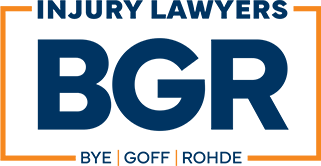When a person is injured through the wrongdoing of others, Wisconsin tort law generally provides compensation for the injury by holding the negligent party responsible for his or her careless behavior. However, when the wrongdoer is immune from liability, he or she cannot be held accountable under the law for even extremely negligent conduct that injures others. Thus, immunity laws protect against irresponsible behavior and put the full cost of such behavior on the innocent injured person. Many such laws were enacted at the behest of private interests so that businesses can avoid the expense of making their facilities safe for public use.
Wisconsin now has over 35 immunity laws on the books and more are on the way. There is even toilet facility immunity to protect retail establishments that are required by law to provide toilet access to persons with certain medical conditions. See Wis. Stat. § 895.512.
Recently, the Wisconsin Senate introduced a campground immunity law to protect campground owners and their employees. If enacted, private campground owners and operators, and their employees, will be “immune from civil liability for property damage or for the death of or injury to an individual that is caused by or occurred during use of the campground, unless the property damage, death, or injury is caused by a willful or wanton act or omission of the owner or operator of the campground or of an employee or agent of the campground or campground owner or operator.” See 2015 Senate Bill 131. Under this immunity bill, a private campground owner/operator who causes a fire extending to homes outside the campground will be immunized.
Despite the breadth of Wisconsin’s immunity laws, you should not assume that the wrongdoer is immune. Bye, Goff & Rohde, your Wisconsin Personal Injury Lawyers, can analyze your situation to determine whether or not immunity laws apply.


